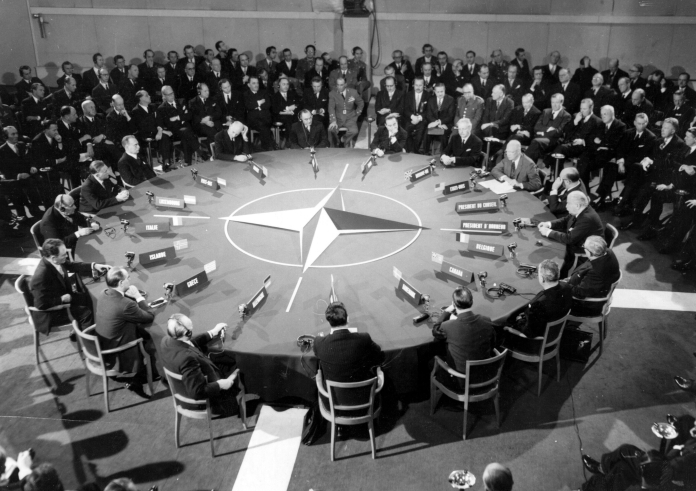Since the hasty withdrawal of US and NATO forces from Afghanistan, the ISIS-K branch of the Islamic State has significantly strengthened, posing a greater threat not only within Afghanistan but also beyond its borders.
Previously confined mainly to Afghanistan with limited influence elsewhere, ISIS-K has now extended its reach, carrying out deadly attacks in distant locations. This includes a recent horrific massacre at a concert hall in Moscow.
With the Taliban's lax governance providing fertile ground for its growth, ISIS-K has capitalized on the absence of the military forces that once countered its activities. Retired Gen. Joseph Votel, who commanded military operations in the Middle East during the 2010s, commented on the swift rise of such organizations, emphasizing their ability to become increasingly capable in a short span.
ISIS-K, or the Islamic State in Khorasan Province, emerged in 2015 following the Islamic State's declaration of a caliphate in Iraq and Syria. While initially focusing its attacks on Afghanistan and Pakistan, ISIS-K has a longstanding rivalry with the Taliban due to sectarian differences. The group has engaged in conflicts with both the Taliban and US-Afghan forces.
The period leading up to the collapse of the Afghan government in August 2021 saw a surge in ISIS-K attacks. The group gained international attention with a devastating suicide bombing at Kabul's airport, resulting in the deaths of at least 169 Afghans and 13 US service members, occurring just days before the final US troop withdrawal.

















